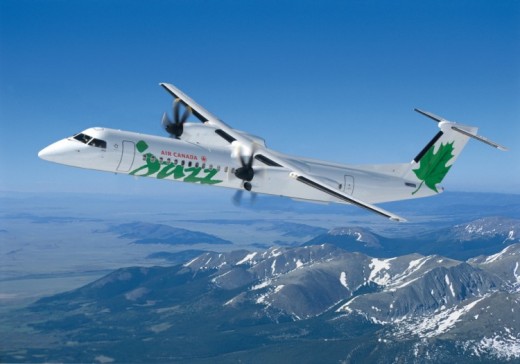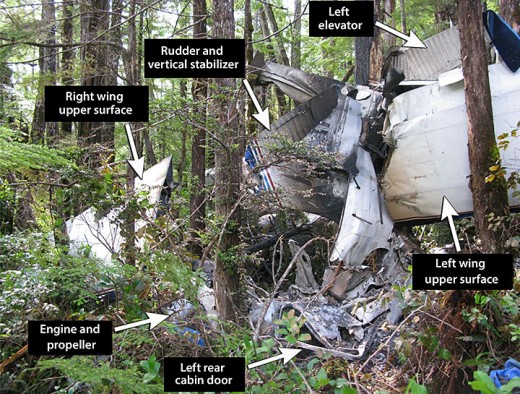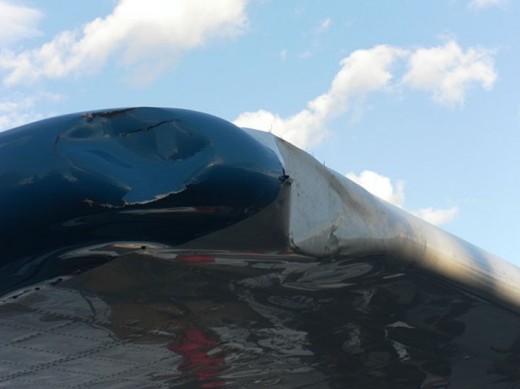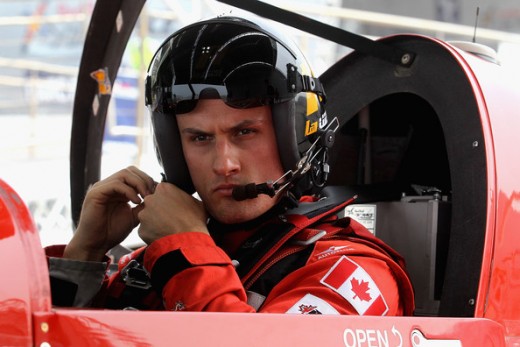 Scroll Down to see all of this week’s updates
Scroll Down to see all of this week’s updates
Jazz Pilots Sign 11-Year Deal

There will be labour peace among the majority of Canada’s airline pilots for years to come after the parent company Chorus Aviation and the pilots’ union reached an historic 11-year-deal on Tuesday.
The agreement, which still has to be ratified by the union membership and approved by the boards of both Chorus and Air Canada, gives pilots access to vacant Air Canada jobs. Financial details of the tentative deal have not been released.
The deal includes fleet renewal clauses that will cut the number of aircraft flown by Jazz to 86 from 122 throughout the term of the deal.
Jazz will buy 23 Bombardier Q400s to replace aging Dash-8 100s and CRJs.
As part of the overall package, Air Canada has extended its deal with Jazz to continue feeding passengers from smaller communities to its hubs until 2025 under a revised agreement that is clearly aimed at competing with WestJet regional start-up Encore.
Earlier this year, both Westjet and Air Canada reached long-term labour contracts with their pilots but WestJet’s flight attendants have rejected their offer from the company.
TSB Urges Post-Crash Fire Prevention

The Transportation Safety Board says the pilot and a passenger on a Nootka Air Beaver survived a 2013 crash on the west coast of Vancouver Island but died in a preventable post-crash fire.
But Transport Canada fired back that it’s emphasis is on preventing accidents like this one in the first place and that mandating the kind of equipment recommended by the TSB is unworkable.
The Beaver had picked up hikers on Hesquiat Lake and was flying them to Gold River on Aug. 16, 2013 when the aircraft hit a taller-than-average tree in poor visibility. The plane went down in the forest and four passengers were able to escape. Pilot Grant Howatt, 66, and passenger Charles Turner, 63, survived the crash but were killed by a fire.
In its final report on the accident, the TSB said Transport Canada should require electrical system kill switches to prevent leaking fuel from being ignited by sparks but TC says the idea isn’t practical.
Although the aircraft in question is Canadian built, most aircraft flying in Canada are from other countries and it would be up to their regulators to mandate that kind of equipage.
TC spokesman Ben Stafford told the Vancouver Sun most small aircraft accidents result from pilot error and TC’s focus is on tackling those issues. He said “kill switches are not an absolute solution because they are not practical on a wide range of aircraft types and ages.”
The TSB is unconvinced and plans to keep bringing the issue up. “The board has determined that the residual risk…remains significant and consequently, the TSB will renew efforts to encourage adoption of the recommendation,” it said in the report.
Otter Hit Trees, Pilot Didn’t Check Damage

The Transportation Safety Board says the pilot of a Transwest Air turbine Otter that crashed near Scott Lake in the Northwest Territories didn’t have the aircraft inspected for damage on the wing even though it had hit trees on landing.
He took off on the 13th of 15 planned legs that day to Ivanhoe Lake and the TSB theorizes the wing came apart in flight and interfered with the aileron, causing the aircraft to go out of control.
“The investigation also revealed that a number of stressors throughout the day disrupted the pilot’s processing of safety-critical information, and likely contributed to an unsafe decision to depart and operate a damaged, uninspected aircraft,” the report said.
The pilot was apparently determined to get his flying done and return to Stony Rapids that evening before nightfall. He’d been offered a bed for the night at a lodge but refused.
In addition to the 12-hour day with only two short breaks, the pilot had complained of being ill during the day. Transwest already had policies requiring pilots to stand down if they felt sick and to have damage inspected before flying again but has stressed those policies with pilots.
McLeod Starting New Season

Red Bull race pilot Pete McLeod says he’s hoping the technical issues with his plane’s engine have been solved and it will give him the power he needs to advance in the standings of the Red Bull Air Race Series.
McLeod and his team have spent the last two months inspecting, tweaking and improving the Edge 540 he flies in competition. The first race is in February in Abu Dhabi. Canadian fans will have easy access to races in Texas and Las Vegas in September and October.
McLeod ended the 2014 season on a sour note with an engine fault that kept him from flying as fast as he normally does. Technicians haven’t been able to find anything wrong with the engine and now suspect that it lost compression on one cylinder in the race at Spielberg, Austria because of a temporary alignment issue with the rings on one piston.
“The engine ran strong for us in 2014 and I’m hoping it will be as fast in 2015.
McLeod is one of the pilots to beat going into this year’s competition and his first win at Las Vegas taught him some strategic lessons he said going into 2015.
